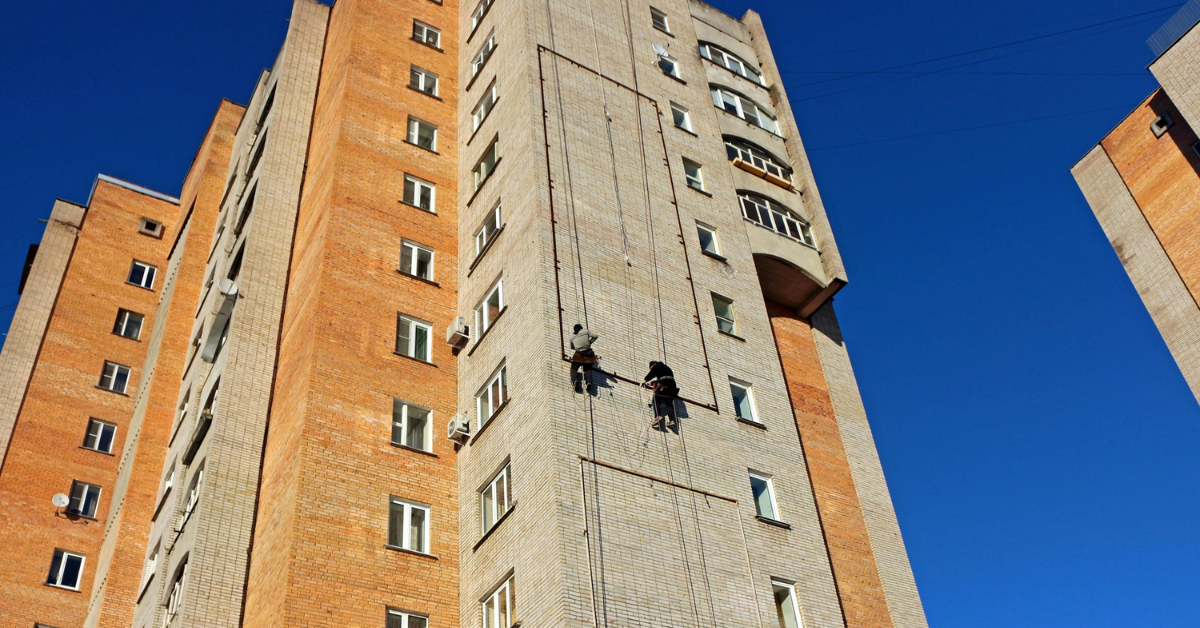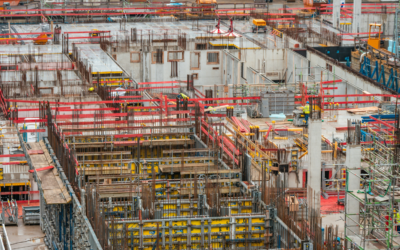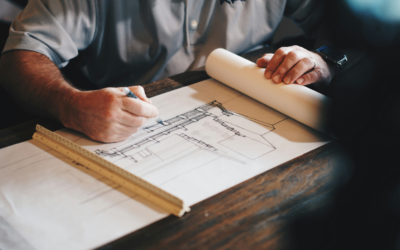When we finish a construction project, our work doesn’t stop there. The true strength of any real estate investment isn’t just in how it’s built—it’s in how it’s maintained. From preventive maintenance and safety inspections to HVAC checks and pest control, a consistent property maintenance plan keeps buildings safe, efficient, and profitable for years to come.
We have seen time and again that proactive maintenance reduces costly emergency repairs and protects long-term property value. Let’s break down why ongoing care matters just as much as the initial great construction.
The Importance of Proper Property Maintenance
Regular maintenance is the key to preserving a building’s structural integrity and increasing its overall value. Property managers and owners should view maintenance as a vital investment, not just an expense. Neglecting routine upkeep often leads to what is known as reactive maintenance—waiting for something to break before fixing it. This approach is almost always more expensive and disruptive.
Consider the hidden costs of neglect. A small, undetected roof leak can eventually cause significant water damage, leading to mold, compromised structural elements, and expensive repairs. In contrast, preventive maintenance, such as annual roof inspections, can catch that small issue early, saving thousands of dollars and preventing operational downtime. For our clients, proactive care has consistently prevented major issues, from stopping potential plumbing disasters in a senior living facility to ensuring an HVAC system in a commercial office runs smoothly through a heatwave.
Understanding the International Property Maintenance Code (IPMC)
A crucial part of property maintenance is adhering to established standards. The International Property Maintenance Code (IPMC) sets the minimum requirements for the safety and habitability of existing buildings. It provides a national standard for everything from lighting and ventilation to fire safety and sanitation.
Compliance with the IPMC is not just about avoiding fines; it’s about protecting property owners, tenants, and the investment itself. Adhering to these codes is often a requirement for securing proper insurance coverage and can be critical in liability situations. Our team ensures every property we manage meets or exceeds these code requirements. Through routine inspections and a deep understanding of regulations, we help owners maintain safe and compliant buildings, providing peace of mind for everyone involved.
Building Maintenance That Goes Beyond Repairs
Effective building maintenance is a comprehensive strategy that covers all aspects of a property’s operation. Our approach includes full-scope maintenance that addresses everything from HVAC systems and fire alarms to roof gutters and landscaping. We work with clients to develop routine and seasonal maintenance schedules that allow them to plan ahead and budget effectively.
This proactive process involves integrating technology and maintenance management systems for smoother operations. Instead of just reacting to calls, we create a structured plan. For example, a seasonal checklist might include servicing air conditioning units in the spring, inspecting heating systems in the fall, and ensuring proper drainage before the rainy season. This foresight prevents unexpected failures and ensures the building functions efficiently year-round.
The Power of a Skilled Maintenance Team
Having an experienced in-house maintenance team makes a significant difference in both response time and quality of work. When an issue arises, direct access to a skilled team means faster resolutions and clearer communication. There is no need to search for a qualified vendor or wait for an outside contractor to fit you into their schedule.
Trained maintenance technicians are essential for handling specialized systems. Modern buildings contain complex HVAC units, sophisticated alarm systems, and intricate mechanical and electrical systems that require expert knowledge. Our maintenance professionals are trained to handle these specific needs. South Coast Improvement Company supports property managers with flexible maintenance solutions tailored to their building type, whether it’s a healthcare facility with sensitive equipment or a hospitality venue that cannot afford downtime.
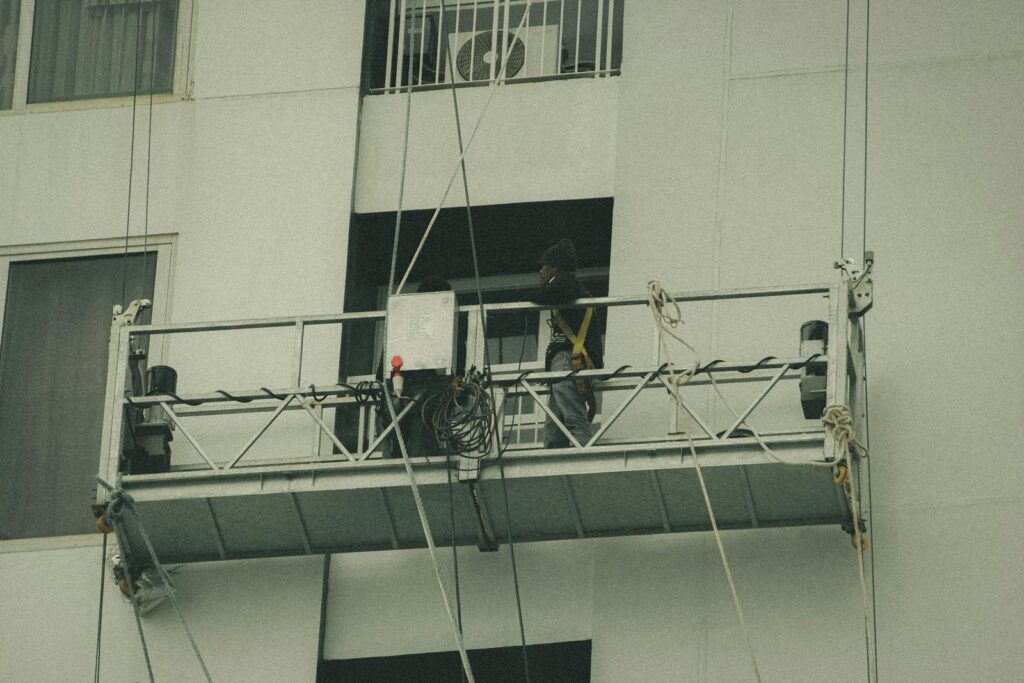
Photo by Rosse Marie Beringuel on Pexels
Maintenance Tasks That Make the Biggest Difference
Certain maintenance tasks have an outsized impact on a property’s health and safety. Creating a clear maintenance checklist helps ensure these critical items are never missed.
Key preventive tasks every property should schedule include:
- HVAC Care: Regular filter changes and system servicing to ensure air quality and efficiency.
- Safety System Checks: Testing fire alarms, sprinkler systems, and carbon monoxide detectors.
- Pest Control: Proactive treatments to prevent infestations.
- Exterior Upkeep: Gutter cleaning, roof inspections, and seasonal needs like snow removal.
Addressing small problems early through corrective maintenance is also vital. A flickering light could be a simple bulb replacement or a sign of a larger electrical issue. A skilled technician can diagnose the problem correctly and fix it before it turns into a costly or hazardous emergency.
Property Maintenance Checklist
A well-structured maintenance checklist keeps properties safe, compliant, and performing at their best. Below are the key areas every property manager and maintenance team should review regularly.
1. HVAC Systems
- Replace air filters monthly or quarterly, depending on system use.
- Schedule professional servicing at least twice a year.
- Inspect vents and ducts for dust buildup or blockages.
- Test thermostats for proper function and accuracy.
2. Safety and Fire Systems
- Test smoke alarms, fire alarms, and carbon monoxide detectors monthly.
- Inspect sprinkler heads and fire extinguishers for readiness.
- Confirm emergency lighting and signage are visible and operational.
- Review evacuation plans and ensure staff awareness.
3. Electrical and Lighting
- Check outlets and switches for wear or damage.
- Replace flickering or dim bulbs promptly.
- Inspect electrical panels for corrosion or loose wiring.
- Schedule annual inspections by a licensed electrician.
4. Plumbing and Water Systems
- Test faucets, toilets, and drains for leaks or clogs.
- Inspect visible pipes for corrosion or water stains.
- Flush water heaters annually to prevent sediment buildup.
- Check sump pumps and drainage systems, especially before heavy rain.
5. Exterior and Grounds
- Clean roof gutters and downspouts at least twice a year.
- Inspect roofs, siding, and foundation for damage.
- Remove debris and trim overgrown vegetation.
- Plan for snow removal, ice management, and seasonal landscaping.
6. Interior Maintenance
- Examine walls, ceilings, and flooring for cracks or moisture damage.
- Test windows and doors for proper seals and function.
- Clean air vents and replace ceiling tiles as needed.
- Review common areas for cleanliness and accessibility.
7. Mechanical and Equipment Checks
- Lubricate moving components of elevators, generators, and HVAC units.
- Review service logs to ensure all equipment receives timely maintenance.
- Replace worn belts, filters, or parts as recommended by the manufacturer.
8. Preventive and Corrective Actions
- Record all maintenance requests and responses.
- Address small issues immediately to prevent escalation.
- Schedule recurring inspections for high-use systems.
- Keep documentation for warranty and compliance verification.
Streamlining Maintenance Activities Through Planning
Structured maintenance schedules are essential for minimizing disruptions for tenants and staff. By planning activities in advance, work can be scheduled during off-peak hours to reduce downtime. Using property management software helps track maintenance requests, monitor schedules, and generate reports, providing a clear overview of the property’s health.
A great example of this is a case where we worked with a large residential complex to improve tenant satisfaction. By implementing a system of proactive unit inspections and creating a transparent maintenance schedule, we drastically reduced the number of emergency repair calls. Residents felt heard and cared for, leading to higher retention rates and more positive reviews.
How Maintenance Protects Property Value and Tenant Satisfaction
The connection between a well-maintained property and its market value is undeniable. Clean, safe, and fully functional buildings attract and retain high-quality tenants, command higher rental income, and appraise at a higher value. Routine care prevents the kind of visible wear and tear that leads to negative online reviews and high tenant turnover.
The cost savings from consistent maintenance practices are substantial. By preventing major system failures and extending the lifespan of key building components, property owners see a significant return on their maintenance investment. For our clients, this has translated directly into increased rental income and a healthier bottom line.

Conclusion: Beyond the Build, Protecting What You’ve Created
Your building represents a major investment of time, trust, and capital. While we’re not a property maintenance company, we believe great construction deserves equally great care. Routine property maintenance isn’t just about keeping things running; it’s about protecting your investment, ensuring tenant safety, and driving long-term success.
Our team works with property managers, rental property owners, and property management companies to deliver consistent preventative maintenance that reduces emergency maintenance calls, lowers maintenance costs, and improves customer satisfaction. From HVAC repairs and safety checks to proactive inspections and condition-based maintenance, our property maintenance workers and in-house maintenance teams handle every detail.
Whether you manage apartment complexes or commercial buildings, using reliable property maintenance software and clear maintenance operations helps you stay ahead of reactive maintenance tasks and manual processes, plus it will lead to an increased property value. By addressing maintenance issues early, like equipment failure or worn HVAC filters, you save money, reduce downtime, and prevent negative reviews.
A strong maintenance plan is a core component of property value and tenant trust. Regular inspections, home maintenance checklists, and timely responses to submit requests help maintain occupancy, increase rental prices, and keep vacant units to a minimum.
Don’t wait for emergencies to act. Protect your investment and strengthen your property’s performance for the long term. Contact South Coast Improvement Company today to discover how our proactive, data driven maintenance services can help you preserve value, minimize risk, and keep every system, from mechanical to operational, running at its best.
View Our Work
Aspen Dental
Partnering with The Aspen Group on the construction of a new Aspen Dental facility that’s functional & welcoming for patients & staff alike. South Coast Improvement Company was awarded the construction of a new Aspen Dental facility in Killingly, CT. The...
Springhouse Senior Living – HumanGood
Designed to enhance comfort & functionality. South Coast Improvement company was hired by HumanGood for an interior and exterior renovation at Springhouse Senior Living. Our skilled teamtransformed the 2nd through 5th floor common areas into brighter, more...
